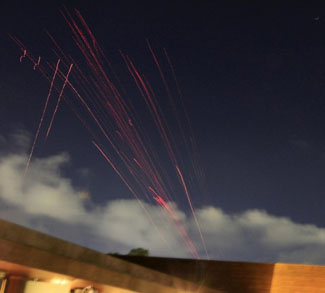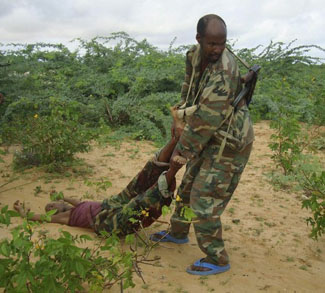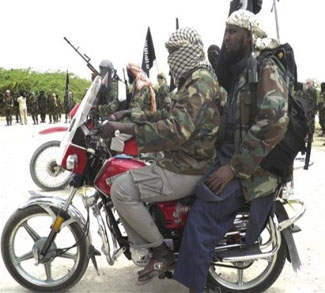Resolution 1973, the UN Security Council resolution that implemented a no-fly zone over Libya, has been passed against the backdrop of a complex web of interests. This article will explore what is to be gained and what is at stake amidst this unprecedented, though ultimately shallow display of international solidarity concerning the use of force.
So far, it seems that the United Kingdom and France have been the driving forces behind passing and implementing Resolution 1973, and this is a factor that definitely warrants analysis. Could it be that, beyond the obvious energy issues at stake, there lies a desire for Paris and London to demonstrate the continued relevance of home-grown defense industries and large military procurement spending allocations? Recall that both countries are undergoing major rethinks of how government money should be better spent to reign in deficits. In October 2010, UK Prime Minister David Cameron revealed a plan that would axe the Harrier program and the Ark Royal aircraft carrier. Now, as the skies over Libya are being lit up by various munitions, international media sources are quite conspicuously noting the ‘critical’ involvement of RAF Typhoon and GR4 Tornado jets. Libya is, after all, in Europe’s ‘backyard’ and if Europe ever wants to be taken seriously as a coherent military entity, this would be the kind of situation it will be called on to deal with.
Then there’s the United Nations itself. That the UN Security Council would pass such a vague resolution that is so open to criticism is quite an interesting development. It implies that there may be some kind of give-and-take going on behind the scenes between Western governments and Russia and China. The initial mission goal, to ‘protect civilian lives,’ is exceedingly vague and doesn’t even broach on the possibility of international conflict. In other words, the Security Council didn’t pass a resolution justifying intervention by invoking the potential for international fallout. Rather, the resolution focuses on ‘protecting civilian life’ during a domestic civil war. In short, if the effectiveness of the United Nations as an institution is going to be judged against the success or failure of military strikes on Libya, then the UN should prepare itself for a credibility hit. There’s no doubt that, after outside intervention comes to an end, outside observers will openly wonder what the point of all of it was. The only question is how long it will take for said outside intervention to draw to a close.
In regards to China, the passage of Resolution 1973 should be taken as evidence that Beijing is getting more and more confident in throwing its weight behind dealing with international conflicts. It also implies that old fears of a NATO-led intervention against China have ebbed enough for Beijing to support the kind of operation it has strongly opposed in the past, as was the case in 1999 when NATO launched attacks in support of Kosovo. To a lesser degree, it’s possible that Beijing is taking a calculated risk and sitting back while Western countries take the lead against Gaddafi. If the operation fails and Gaddafi remains in power, then oil rights shift from West to East and Western military power will have been proved ineffectual. If the operation succeeds, Beijing will be lauded for not standing in the way.
The opinions, beliefs, and viewpoints expressed by the authors are theirs alone and don’t reflect any official position of Geopoliticalmonitor.com.




